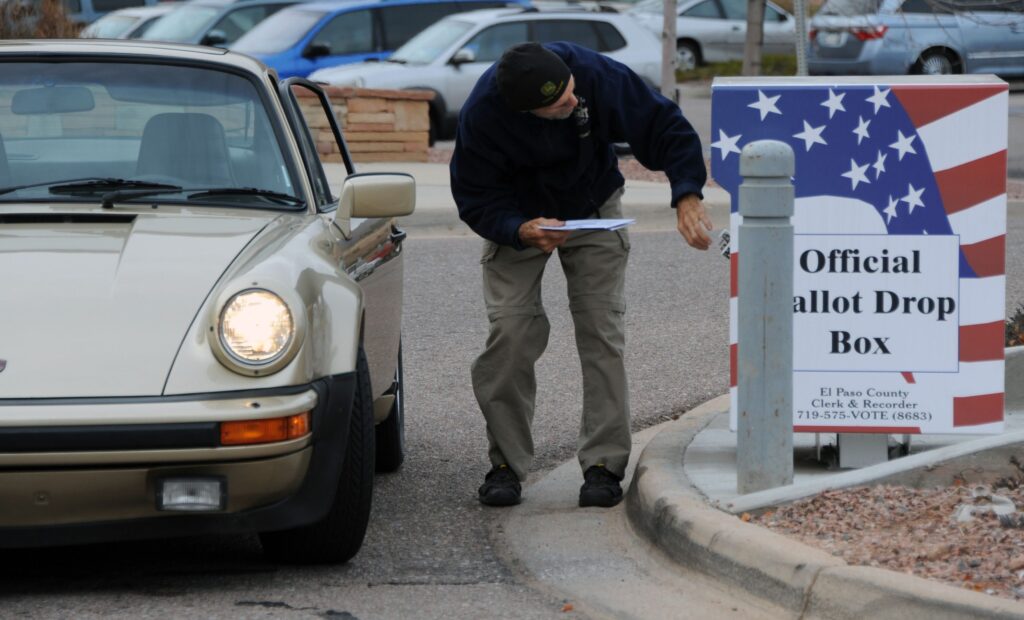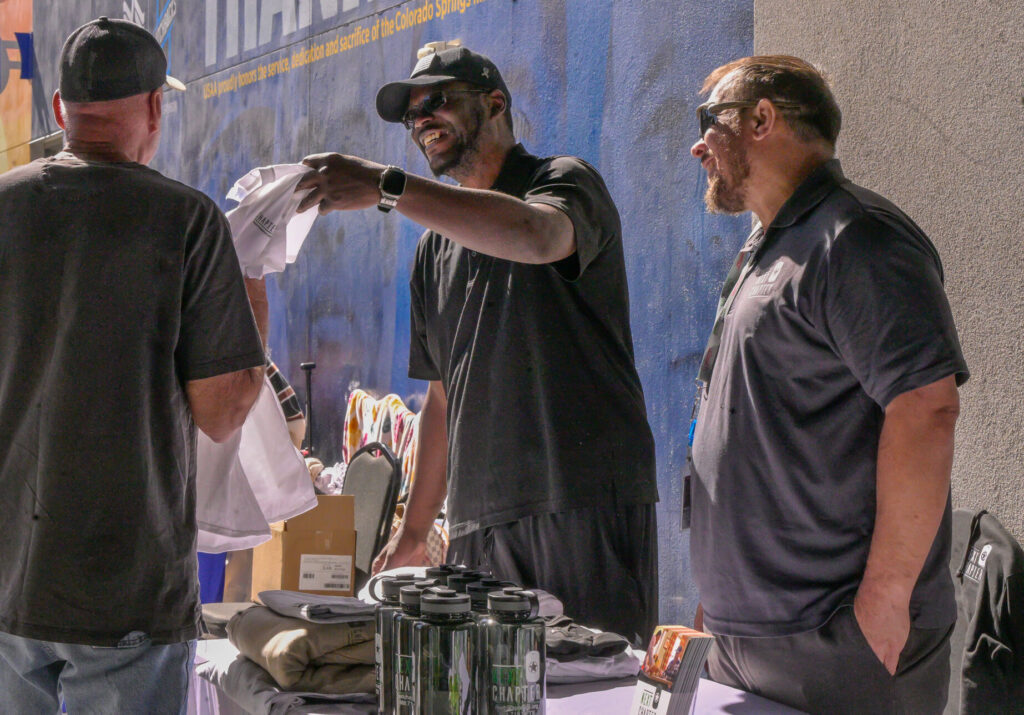What’s in a word? In politics, very little
As a largely unskilled person who’s pulled 30 years’ worth of paychecks at the word factory, it grieves me to break this to you. Words have never been cheaper. In politics, they’re a penny stock.
Some words still matter. “I promise.” “I do.” “Roll Tide.” “Extra chili.”
The political lexicon, however, has been sinking in the swamp, at least since Richard Nixon said, “I am not a crook,” when, yeah, he was a crook. Bill Clinton wanted to know what the definition of “is” was, when Bubba knew exactly what is was.
And in a few days we will seat a president who speaks like a sideshow barker, waving folks in for the half-truths and late-night tweets.
Labels in politics are a different kind of slippery.
Republicans used to be Republicans. Democrats were Democrats, with the occasional Dixiecrat. Now you’re never sure who you’re talking to – conservatives, progressives, the alt-right, never to be confused with the neocons, Berniecrats, the Christian Right and, in the Colorado legislature, the Doghouse Dems.
You need only two labels these days: us and them.
Nonpartisan? That doesn’t mean non-political. It doesn’t mean an organization you’re being encouraged to trust doesn’t have an agenda. Usually those who claim to be nonpartisan are the most partisan of all. It’s like calling a big guy “Tiny.”
ProgressNow Colorado, a liberal snapping turtle, calls itself nonpartisan. But a Republican and a Democrat could take turns throwing rocks through the statehouse windows. One would be a vandal and the other a good shot in ProgressNow’s nonpartisan view.
The Independence Institute, which I once called the Ivy League frat house of Colorado politics, calls itself a nonpartisan free-market think tank. It doesn’t endorse candidates, but its “Vision” reads like the platform of the Republican National Committee.
Many Republicans call themselves “pro-energy” for drilling and mining. Shad Murib, the chief of staff for the Senate Democrats, flagged me on that.
Democrats are pro-energy, too – pro-renewable energy, pro-clean-tech. Nobody supports shutting down the grid, but saying you’re pro-energy sounds like you’re fighting to keep the furnace running when you’re really fighting over a price.
Even nonprofit doesn’t mean what a lot of people think it means. It doesn’t mean an organization doesn’t make money. Some nonprofits make a whole lot of money. They just spend it until they approximately break even and don’t pay taxes. The Southeastern Conference of college sports, for instance, generated nearly $326 million in 2014 and paid $2.1 million to its top executives.
Feed the Children brought in about $400 million and paid its top brass $1.8 million.
Sometimes the political and social language evolves for good reason. The words negro and colored are history. When I got in the word business, gay people were supposed to be identified as “homosexuals,” because gay was considered offensive. The New York Times continued to prefer homosexual until 1987.
Now the word is used to dog-whistle “homo” and “sex” and set it as the background music to political posturing.
Now gay has evolved to lesbian, gay, bisexual and transgender (not transgendered anymore). Wait, I forgot the the Q – LGBTQ. That stands for queer. I’m uncomfortable saying that.
Racist, sexist and homophobe – sometimes people deserve to be called that. But my skin crawls when I hear those terms used to describe, basically, anyone who disagrees, underpinned only by suspicion.
That’s not taking the side of the alleged racist, sexist or homophobe. That’s taking the side of the legitimate targets of racism, sexism and homophobia. If you diminish a villain, you insult the suffering of his victims.
America needs to get a dictionary and get real. If words stop meaning what they mean, we’re in big trouble.
If I order a hot dog and a burger shows up, the short-order cook could say, “There’s your hot dog.”
George Orwell said it better in “1984.”
“But if thought corrupts language, language can also corrupt thought.”











